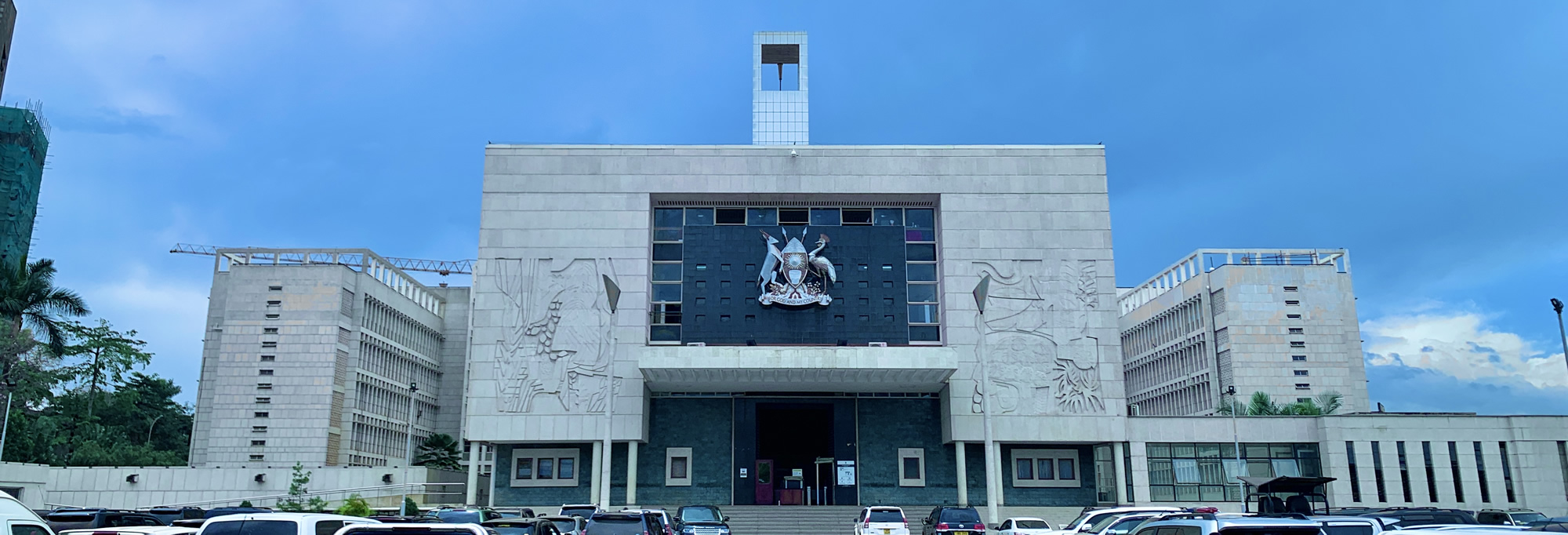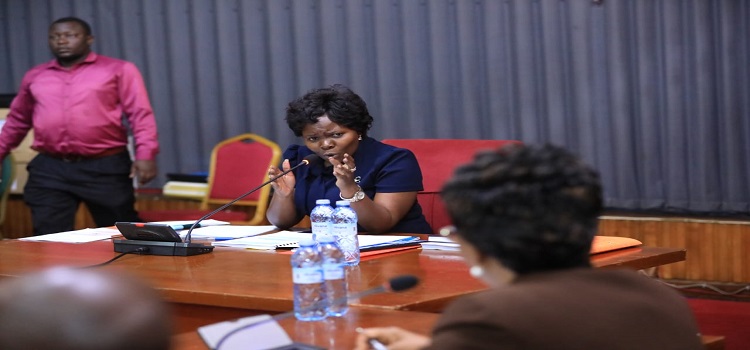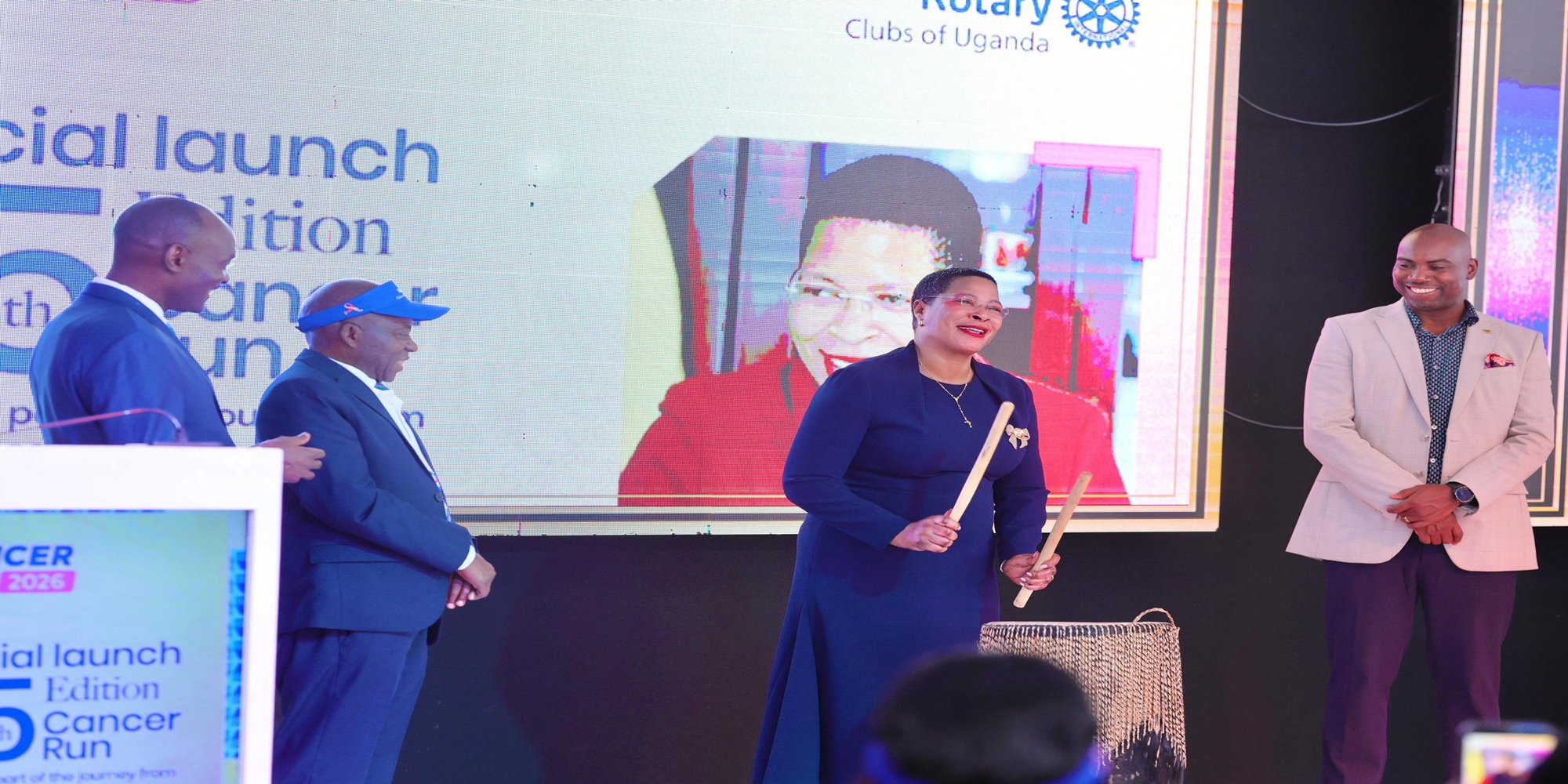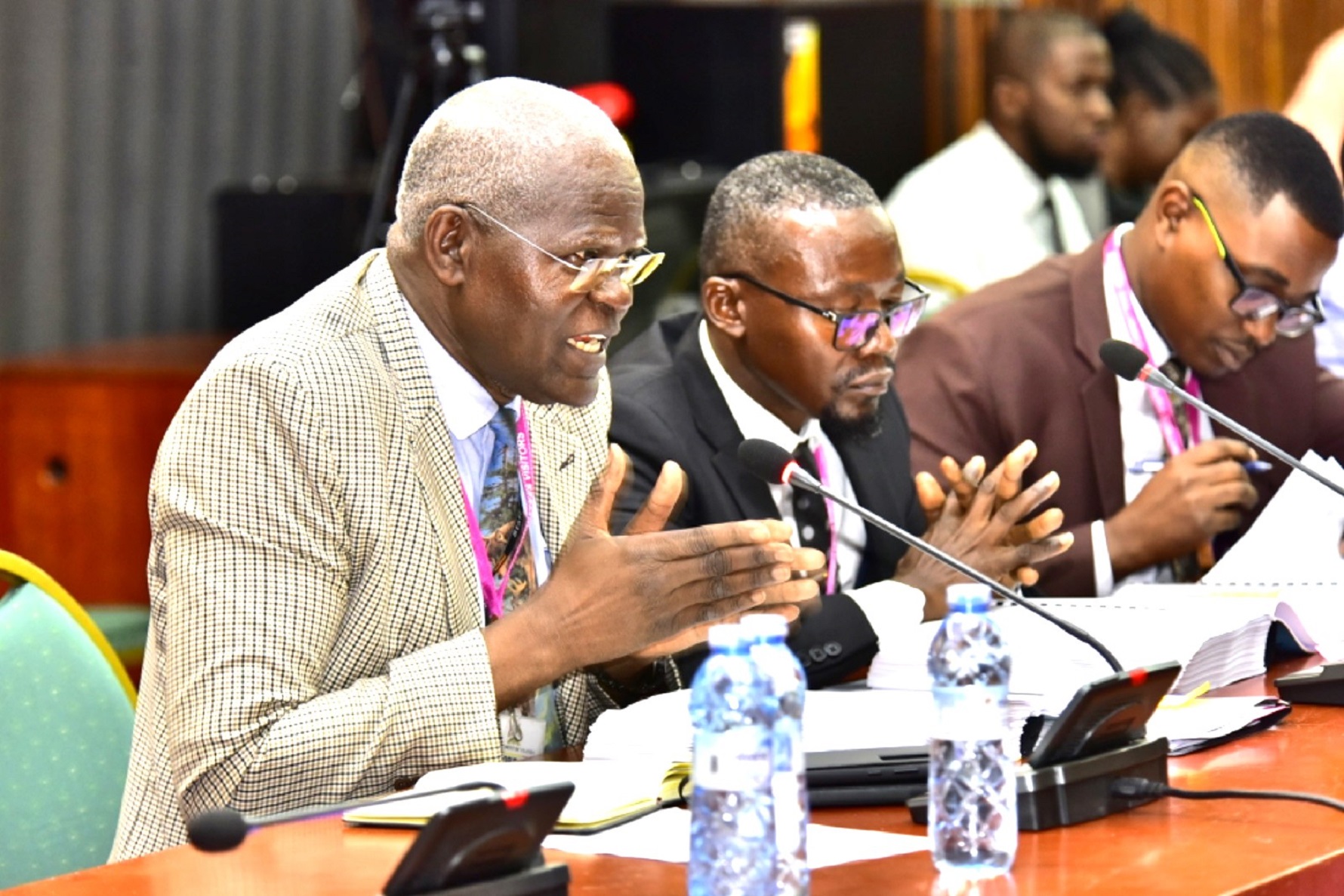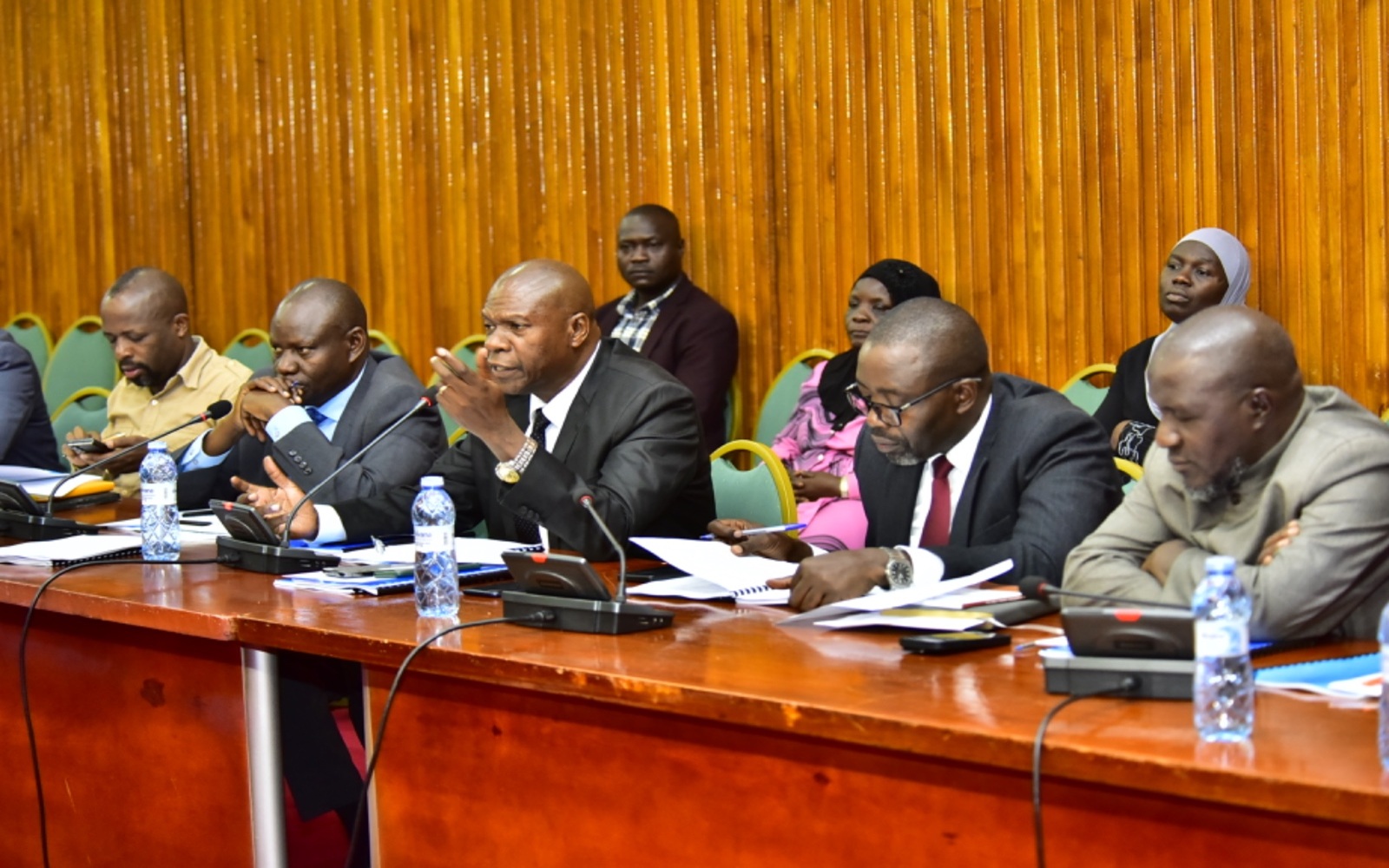President Yoweri Museveni has said that Uganda’s economy is now more diversified and sophisticated, compared to 1986 where the country depended only on coffee, cotton, cooper, tobacco, tea and tourism.
“According to a study conducted by the Harvard Economic Growth Lab, in the last 10 years, Uganda added 20 new products to its export basket and has an opportunity of harnessing production of 50 new complex products,” Museveni said.
Some of the new products, Museveni said, include; Information and Communication Technology equipment, serums and vaccines, medicines, new pneumatic tyres, batteries and gas turbines, among others.
He made the remarks while delivering the State of the Nation Address, marking the beginning of the 5th session of the 11th Parliament in Kololo ceremonial grounds on Thursday, 05 June 2025.
Museveni said that government has instituted a strategy to increase the size of the economy to US$500 billion by 2040, anchored on four sectors which are; agro-industralisation, tourism development, mineral development, including oil and gas, and Science, Technology and Innovation.
Explaining about agro-industralisation, Museveni said, “Government has invested in irrigation in order to boost agricultural production. This is because the provision of water for irrigation reduces the likelihood of crop failure, on account of water scarcity.”
He stressed the need to add value to the agricultural raw materials such as coffee, diary, beef, fish, fruits and vegetables, cocoa, cereals, poultry, piggery, cotton, tea, among others.
“These value chains have a combined untapped value addition potential of US$20 billion,” said Museveni.
Among the enterprises cited was dairy, wherein Museveni said that government has secured foreign markets from Algeria and Nigeria which will increase the value of milk and milk products from US$28.7 million in 2014/2015 to US$285.4 million in 2024.
In tourism, Museveni said that government intends to increase tourist inflows five-fold, by doubling the average spent and average stay-per tourist.
“Our tourism value chain has a US$50 billion potential. To support tourism, the government has provided adequate security to the tourism sites, improved the physical infrastructure; and supported the tourist companies with tax relief,” he said.
To maximise on the benefits of minerals, Museveni said that government stopped the export of unprocessed minerals, saying that exporting raw materials meant that Uganda was donating all the benefits, such as jobs and money to other countries.
“In Kabale, we have put in place the infrastructure for mining the iron ore, from which domestic steel manufacturers have started making high quality steel. The confirmed value addition potential for our minerals is US$25 billion,” he said.
Museveni also outlined strategies to boost the oil and gas sector, saying that investments are being done in the requisite infrastructure for commercial production of oil and gas.
“Kabalega International Airport is near completion and 700 kilometers of tarmac roads have been constructed in the Albertine region. The civil works for the East African Crude Oil Pipeline are scheduled for completion, next financial year, both in Uganda and Tanzania,” the President said.
He added that government has finalised plans and signed the first contract to build East Africa’s largest petrochemical industry around the oil and gas reserves.
He noted that Uganda’s economic growth and socio-economic transformation is unstoppable, adding that the International Monetary Fund (IMF) ranked Uganda 7th among the fastest growing economies.
“It is now irreversibly a middle-income country with Gross Domestic Product per capita of US$1,263. It is growing at 6.3 percent per annum, it is projected to be at 07 percent next year 2025/2026,” he said.
Museveni is expected to give his budget speech on 12 June 2025, and has highlighted some of the areas he will focus on, including corruption and the East African Federation.
